It’s sure to be a hot-button issue for lawmakers in the upcoming session of the Washington State Legislature: the state of emergency powers Gov. Jay Inslee has exercised for more than 600 days now in response to the COVID-19 pandemic.
Legislators in both parties are wary of Washington state’s chief executive having sole discretion to declare an emergency.
For example, during this year’s legislative session, Democratic Senator Mark Mullet teamed with Republican Senator Lynda Wilson on a bill that would require gubernatorial emergency orders to get legislative approval in 30 days, including the closure of businesses.
So far, however, this effort and others like it have failed, as not enough members of the Democratic majority have been willing to stand up to Inslee in reclaiming the Legislature’s role as a check on the executive branch.
On Feb. 29, 2020, Inslee declared a statewide emergency in response to the spread of COVID-19 under the Emergency Powers Act of the Revised Code of Washington (RCW) 43.06.220. Since then, he has issued scores of additional proclamations ranging from stay-at-home orders to school closures to a moratorium on evictions to a vaccine mandate.
“This proclamation will likely be in effect until it is terminated by the governor,” Senator Brad Hawkins, R-East Wenatchee, told The Center Square. “Since the COVID pandemic first began in 2020, the governor has had many months of nearly total control of state operations. The (state) constitution does allow for the governor to call a special session, but he has been unwilling to do so.”
Article II, Section 12 of the Washington State Constitution authorizes the Legislature to call itself into special session with a two-thirds vote. The governor can also call the legislature into a special session, but he has not done so.
Inslee is at the United Nations climate conference in Scotland.
The governor has consistently defended the use of his broad powers to combat the pandemic.
In late September, Inslee raised some eyebrows during an interview with TVW’s Mike McClanahan in answering a question about his emergency declarations and the many legal challenges to his authority.
“There is only one person in the state of Washington who has the capability to save those lives right now, and it happens to be the governor of the state of Washington,” Inslee said.
Those comments mirror what the governor’s spokesperson Mike Faulk said earlier in the year in response to lawmakers’ moving to strip Inslee of his emergency powers.
“Frustrations with the law are misplaced – we do not see how these changes would benefit Washingtonians when the next disaster or emergency strikes,” he wrote in a January email to Stateline, the nonprofit news service of the Pew Charitable Trusts. “Debates over this kind of legislation need to take into account all the potential unintended consequences that could come with complicating the state’s ability to respond appropriately to protect lives.”
House Minority Leader J.T. Wilcox doesn’t understand the reluctance of his colleagues on the other side of the aisle – at least so far – to give legislators the right to review every 30 days all executive emergency mandates from the state’s Democratic governor, considering Democrats’ rock-solid majority status in the Legislature.
“The effort we are making doesn’t threaten Democratic control,” he said.
Jason Mercier, director of the Center for Government Reform for the Washington Policy Center, is scheduled to present at next week’s Senate work session on emergency powers.
His recommendation is as follows: “No emergency order issued by the governor may continue for longer than 30 days unless extended by the legislature through concurrent resolution. If the legislature is not in session, the emergency order may be extended in writing by the leadership of the Senate and the House of Representatives for 30 days or until the legislature can extend the emergency order by concurrent resolution. For purposes of this section, ‘leadership of the Senate and the House of Representatives’ means the majority and minority leaders of the senate and the speaker and the minority leader of the House of Representatives. An emergency order narrowly written solely to qualify for federal funds is exempt from the requirement to receive legislative extension.”
Mercier thinks it’s in the best interest of legislators to act on this issue, especially considering a recent national study that found Washington state ranks near the bottom of states in terms of providing legislative oversight of executive emergency actions.
“There is no good reason for the legislature not to act during the 2022 session to restore its role in governing and provide a check and balance on the governor’s emergency powers,” he said. “They should have already done so this year. Continued failure by lawmakers to govern will leave the responsibility on voters to potentially respond with a ballot measure.”
The 60-day 2022 legislative session starts on January 10.
This article was originally posted on Lawmakers could look into limiting Inslee’s emergency powers in upcoming session
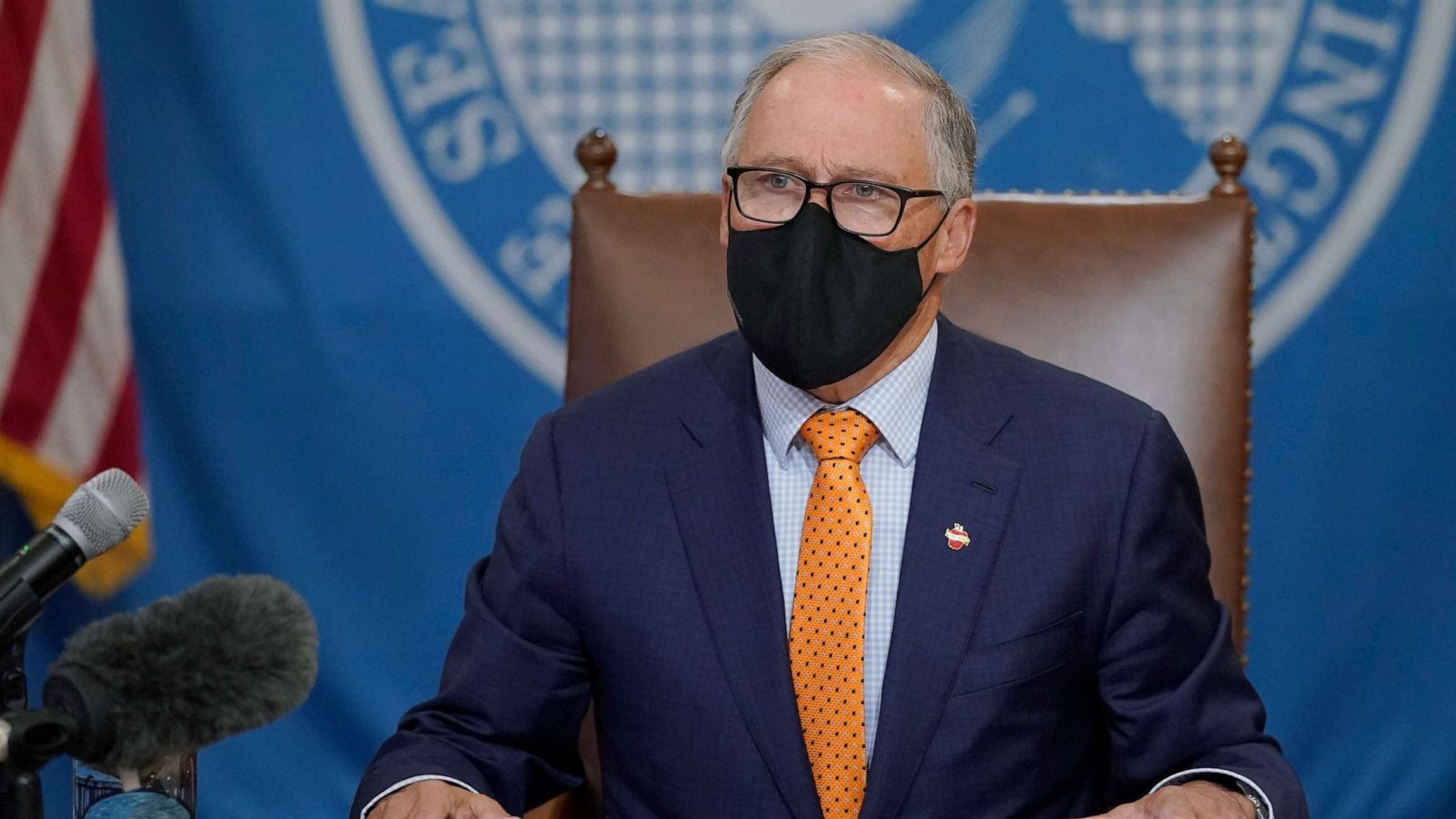
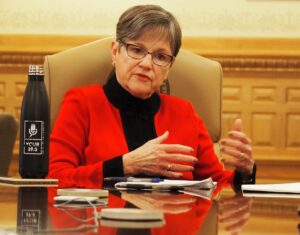
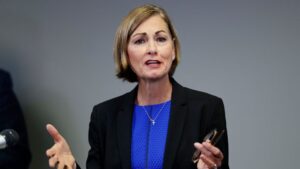
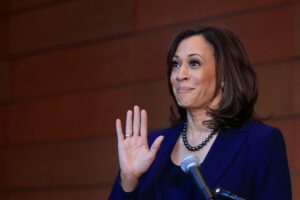
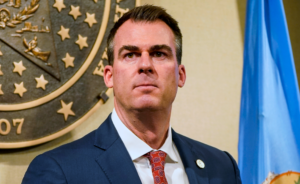
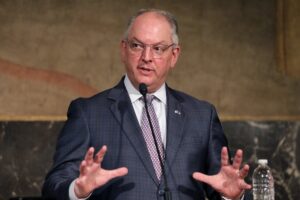
Be First to Comment